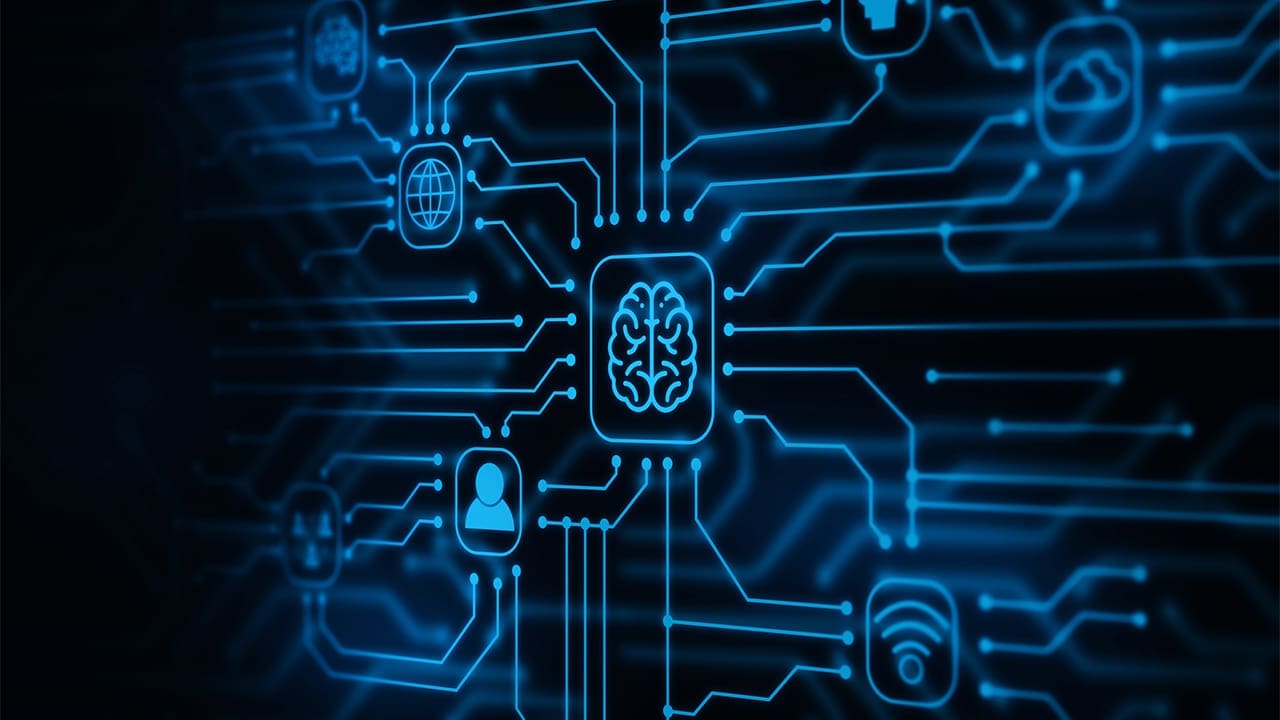Overview
New technology comes with unknown obstacles and unintended risks requiring accountable design and lifecycle planning to ensure responsible innovation. As artificial intelligence, autonomous intelligent systems (AIS), machine learning, autonomous vehicles, and robotics advance at a rapid pace, careful considerations need to be made during development and implementation regarding humanity. At IEEE SA, our global community has developed resources and standards globally recognized in the area of applied ethics and systems engineering and continues to develop accessible and sustainable approaches and solutions for pragmatic application of AIS principles and frameworks. IEEE SA offers standards, training and education, certification programs, and more, to empower stakeholders designing, developing, and using AIS. Global participation is encouraged to offer the broadest regional and cultural perspectives required to best contextualize how AIS systems can avoid risk and offer greatest benefit in operation.
Featured
Programs and Services
Get Involved
Learn more about how to engage with AIS related Communities and Industry Connections Programs.
Events

India and Sustainability Standards (ISS) 2025 Conference
12-14 November 2025 | New Delhi, India
IEEE SA is a Conference Support Partner for the 12th India and Sustainability Standards (ISS) Conference, convening global experts to advance responsible and sustainable innovation. Join us for the Roundtable “Sustainability Principles in Artificial Intelligence: Why? What? How?”, where IEEE SA will share insights on embedding sustainability into AI development.
Related Standards
IEEE P2247.1™
Standard for the Classification of Adaptive Instructional Systems
IEEE P2247.2™
Interoperability Standards for Adaptive Instructional Systems (AISs)
IEEE P2247.3™
Recommended Practices for Evaluation of Adaptive Instructional Systems
IEEE P2247.4™
Recommended Practice for Ethically Aligned Design of Artificial Intelligence (AI) in Adaptive Instructional Systems
IEEE 2089-2021
IEEE Standard for an Age Appropriate Digital Services Framework Based on the 5Rights Principles for Children
IEEE 7000™
IEEE Standard Model Process for Addressing Ethical Concerns during System Design
IEEE 7001™
IEEE Standard for Transparency of Autonomous Systems
IEEE P7002™
IEEE Standard for Data Privacy Process
IEEE 7003™
Algorithmic Bias Considerations
IEEE P7004™
Standard for Child and Student Data Governance
IEEE 7005™
IEEE Standard for Transparent Employer Data Governance
IEEE 7007™
IEEE Ontological Standard for Ethically Driven Robotics and Automation Systems
IEEE P7008™
Standard for Ethically Driven Nudging for Robotic, Intelligent and Autonomous Systems
IEEE P7009™
Standard for Fail-Safe Design of Autonomous and Semi-Autonomous Systems
IEEE P7009.1™
Standard for Safety Management of Autonomous and Semi-Autonomous Systems–Interventions in the Event of Anomalous Behavior
IEEE P3109™
Standard for Arithmetic Formats for Machine Learning
IEEE 3652.1™-2020
IEEE Guide for Architectural Framework and Application of Federated Machine Learning
IEEE P3127™
Guide for an Architectural Framework for Blockchain-based Federated Machine Learning
IEEE P3187™
Guide for Framework for Trustworthy Federated Machine Learning
IEEE P2986™
Recommended Practice for Privacy and Security for Federated Machine Learning
IEEE P2805.3™
Cloud-Edge Collaboration Protocols for Machine Learning
IEEE 2830™-2021
IEEE Standard for Technical Framework and Requirements of Trusted Execution Environment based Shared Machine Learning
IEEE P3123™
Standard for Artificial Intelligence and Machine Learning (AI/ML) Terminology and Data Formats
IEEE P1900.8™
Standard for Training, Testing, and Evaluating Machine-Learned Spectrum Awareness Models
IEEE P3157™
Recommended Practice for Vulnerability Test for Machine Learning Models for Computer Vision Applications
Resources
Ethically Aligned Design (EAD):
IEEE CertifAIEd™:
- AI Ethics for Solutions Developers
- IEEE CertifAIEd™ – Ontological Specification for Ethical Transparency
- IEEE CertifAIEd™ – Ontological Specification for Ethical Algorithmic Bias
- IEEE CertifAIEd™ – Ontological Specification for Ethical Accountability
- IEEE CertifAIEd™ – Ontological Specification for Ethical Privacy
- AI Ethics Support Badge
Children's Data Governance:
Other:
- IEEE SA Statement on Generative AI
- The IEEE Trusted Data and Artificial Intelligence Systems (AIS) Playbook for Financial Services
- Report: Decoupling Human Characteristics from Algorithmic Capabilities
- Report: Addressing Ethical Dilemmas in AI: Listening to Engineers
- Measuring What Matters in the Era of Global Warming and the Age of Algorithmic Promises
- IEEE Considers Safety Guidelines for Neurotech Consumer Products: A new standard would guide makers of brainwave-reading gadgets
IEEE Spectrum - Mitigating AI risk in the enterprise
RCR Wireless News - How AI Makes Data Processing Better, Faster, And More Efficient
RF Globalnet - Crafting Integrated Solutions to Minimize Energy and Water Consumption
POWER Magazine
Measurementality Series
Measurementality, is a series of podcasts, webinars, and reports created by IEEE SA in collaboration with The Radical AI Podcast and explores what measurements of success we’re optimizing for AIS development.
IEEE Course Program on AI Standards
The purpose of this course series is to provide instructions for a comprehensive approach to creating ethical and responsible digital ecosystems.
IEEE Ethics for AI System Design Training
This training helps bridge the gap between principles and practice, enabling real-world implementation of ethically aligned systems design strategy from the planning phase.
Webinar: Is it Technically Possible to Make the World Age Appropriate
Today, one in three people online is under 18. There is an urgent need to address the vulnerabilities and evolving capacities associated with children and their online experiences.
IEEE Course Program on Artificial Intelligence and Ethics in Design
Responsible artificial intelligence, law, compliance, and ethics in artificial intelligence and practical applied ethics for use in the responsible design of artificial intelligence systems.
IEEE Responsible Procurement of AI Training
This training provides a framework of the processes and procedures for procuring AI tools to help minimize risk in the purchasing lifecycle of AI and automated decision systems.






